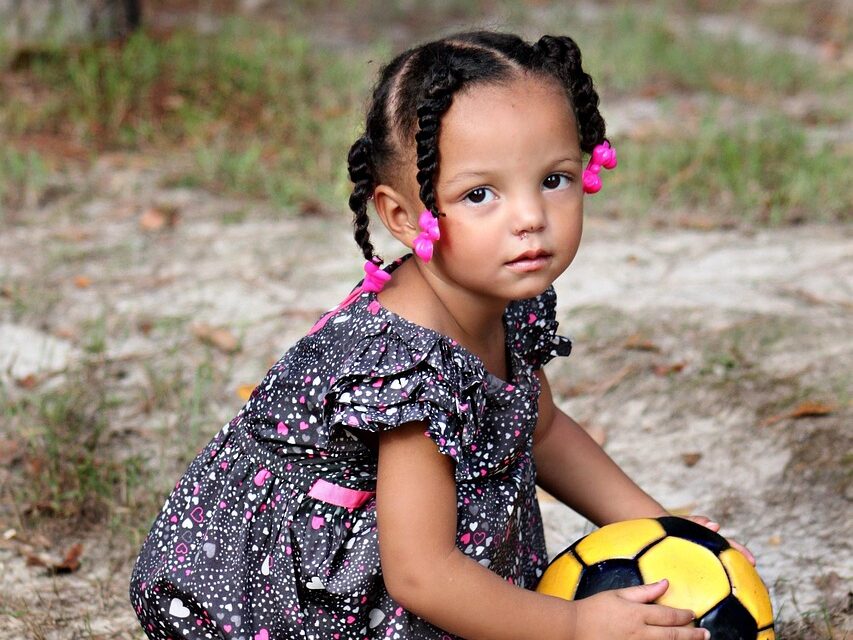
Words have a way of sticking in a child’s mind far longer than we realize. What may feel like a small comment at the moment can echo in their thoughts for years. Some phrases can chip away at trust, confidence, and connection. These are things many parents wish they had never said once they see the impact later in life.
“You’re Overreacting”

Telling a child they are overreacting completely dismisses their emotions and teaches them their feelings don’t matter. Even if the situation seems small to an adult, it can feel huge to a child. When their emotions are brushed off, they may stop sharing how they feel altogether. Over time, this can create distance in your relationship and make it harder for them to express themselves openly in the future.
“Why Can’t You Be More Like Your Sibling?”

Comparing one kid to another can plant seeds of resentment and insecurity. It sends the message that who they are isn’t enough and that love must be earned by meeting someone else’s standard. This can damage their self-esteem and strain sibling relationships. Instead of motivating them, it often leaves them feeling inadequate and disconnected from both their family and their own sense of worth.
“I Wish You Were Never Born”

Even if said in anger, this is one of the most hurtful phrases a child can hear. It cuts to the core of their existence and makes them feel unwanted. Words like this are almost impossible to forget, and the emotional wound can last well into adulthood. It can take years for a child to believe they are truly loved and valued after hearing something so painful.
“Because I Said So”

While parents need authority, this phrase can feel dismissive and controlling when used often. Children are naturally curious and want to understand the reasons behind rules. Shutting them down without explanation can make them feel powerless and unheard. Over time, they may stop asking questions, not because they understand, but because they have learned their voice doesn’t matter in the conversation.
“You’re So Difficult”

Labeling a child as difficult can make them believe they are a problem rather than a person. This kind of statement shapes how they see themselves and can influence how others treat them. When a child hears it enough, they may stop trying to cooperate because they feel the label is permanent. It can damage their willingness to work with you and hurt their self-confidence.
“Stop Crying or I’ll Give You Something to Cry About”

This phrase tells a child their emotions are not safe to express and that showing vulnerability will be punished. It teaches them to hide all their feelings rather than process them. While it may quiet them in the moment, it also risks creating long-term emotional suppression. Children need space to feel and learn how to manage emotions, not fear them.
“You’ll Never Amount to Anything”

Telling a child they will fail before they even begin destroys motivation and self-worth. It can make them feel their efforts are pointless and that their future is predetermined. Even if meant as tough love, it often leads to discouragement instead of drive. These words can follow them for years, influencing the choices they make and how much they believe in themselves.
“You’re So Lazy”

Calling a child lazy focuses on a negative trait rather than the behavior you want to address. It can make them feel very ashamed instead of encouraged to improve. Over time, they may start to believe the label is true and stop trying altogether. It is far more helpful to discuss specific actions and guide them toward better habits rather than attack their character.
“I’m Disappointed in You”

While parents naturally feel disappointment at times, saying it directly can feel crushing to a child. It tells them they have failed to meet your expectations and risks making your love feel conditional. The phrase can weigh heavily on them and create a lot of anxiety about letting you down. Addressing the behavior instead of labeling your child helps in maintaining their trust and emotional safety.
“You’re Too Sensitive”

Dismissing your kid as “you’re very sensitive” teaches them to question and hide their emotions. It tells them they are wrong for feeling deeply, which leads to shame and self-doubt. Instead of helping them navigate their feelings, it pressures them to change who they are. This can cause them to shut down emotionally or feel they must toughen up to be accepted.
“You Always…” or “You Never…”

Using extreme language like “always” or “never” turns a single mistake into a permanent flaw. Children hear it as proof they can never change, no matter what they do. These sweeping statements focus on blame instead of growth, making them defensive and hurt. Specific feedback about what happened in the moment is far more constructive and keeps the door open for positive change.
“You’re Useless”

This is one of the most damaging phrases a child can hear because it attacks their value as a person. It can destroy confidence and create deep feelings of worthlessness. Even if said out of frustration, the impact can last for years. Children thrive when they feel capable and appreciated, and telling them they are useless takes away both in an instant.
“Stop Acting Like a Baby”

Calling a child a baby when they are upset or struggling can make them feel embarrassed and ashamed. It sends the message that their feelings are not valid and that they should be more mature than they are ready to be. This can make them hide their struggles instead of asking for help. Encouragement works far better than ridicule in helping them grow.
“I Don’t Have Time for This”

When a parent says they don’t have time for their child’s needs or feelings, it can make the child feel unimportant. Even if the parent is genuinely busy, the message received is that other things matter more. Over time, the child may stop coming to them for support or guidance, which can weaken the bond between them and reduce trust.
“You’re a Bad Kid”

Labeling a child as bad makes them believe their entire identity is flawed. It does not separate their behavior from who they are, which can harm self-esteem. Instead of inspiring change, it can lead to acting out because they feel the label is already attached. Focusing on what they did rather than who they are keeps the conversation constructive and encouraging.

